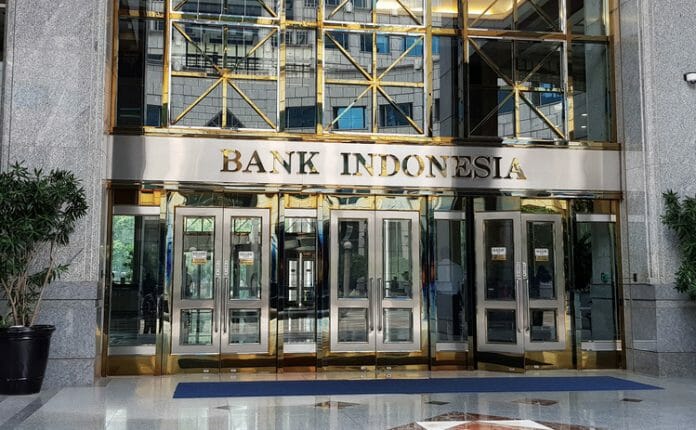Bank Indonesia surprisingly raised the benchmark 7-day reverse repo rate by 50 bps to 4.25% at its ninth Board of Governor meeting this year, beating market expectations of a 25 bps hike, while the house expected no change
The Deposit Facility and Lending Facility rates were also raised to 3.50% and 5.00%, respectively. BI statement, a front-loaded, pre-emptive, and forward-looking move to control inflation expectation back to a target range of 2.0% – 4.0% by 2H23 and to strengthen the rupiah stability amid global financial market uncertainty and strong domestic growth outlook.
Domestic growth remained resilient but flagged the risk of a global growth slowdown. GDP: BI flagged the risk of lower global growth amid high inflationary pressure and rising uncertainty in global financial markets while also expecting the decline in global economic growth to be much greater in 2023 with the risk of recession in certain countries.
Inflation appears to be a major concern for BI as it sees headline inflation for 2022 exceed its target band of 2.0%-4.0% and sets a target for inflation to return to its target range in the 2H23. The rising inflationary pressure was primarily fuelled by high global energy and food prices and the impact of the recent price adjustment on domestic fuel prices.
Rupiah weakened against the USD in September due to the US Fed hawkishness, acceleration in global monetary policy tightening, and rising risk of the global recession. As of September 21, the Rupiah depreciated by 5.1% against the USD compared to the end of 2021. Nevertheless, its depreciation was less severe compared to other regional currencies, such as the Malaysian Ringgit (-9.3%), Thai Baht (-11.8%), and Philippine Peso (- 13.7%).
Kenanga expects further rate hikes in order to realign with the global monetary policy tightening trend, ensuring rupiah relative stability and combating entrenched inflation BI latest decision signalled its priority to tame inflation amid a pickup in economic activities and following government measures to increase the price of subsidised fuel in a bid to reduce its fiscal burden. Against this backdrop, it is believed that BI will be increasingly hawkish and would raise the policy rate by a total of 125 bps in its three remaining Board of Governor meetings for this year, bringing it to 5.50% by the end of the year.
While realigning with regional central banks’ monetary policy tightening cycle led by the US Fed, the rate hike is expected to tame inflation which we believe has yet to reach its peak and is likely to cross 5.0% in the near term









